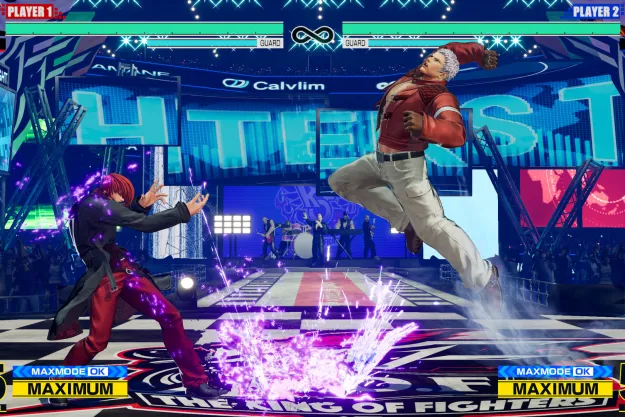This week, D&M holding killed the RIO line of MP3 players because they simply could not compete with the iPod. What makes this amazing is that a few years ago the RIO, then owned by S3, was competing with Creative Labs for this market and was largely believed to be the company to beat. Apple came out of nowhere as a failing PC company and not only took the market away from Creative Labs and RIO, but grew the market to be vastly larger than before.
Apple was successful because they created a product that was easier to use, had adequate capacity, was portable, and looked gorgeous. RIO and Creative Labs actually got a year?s warning when the device initially launched on Apple only: The vast majority of Windows users returned the device the following January after the first Christmas buying season. But neither company could see the obvious approach of a massive new player and the result is now history.
This result should have also scared the other PC and CE companies; it showcased how powerful an Apple product could be in their collective segments if Apple stepped away from their Apple-centric nature and created a product that would appeal to more generic audience. Both segments are woefully undermarketed and vulnerable to a company with the skills Apple has demonstrated. Apple didn?t just beat RIO, they obliterated it.
The CE Market Concerns
All eyes now shift to the future and what will be coming out of Apple. Speculation surrounds the Apple Phone and an Apple MVNO (Mobile Virtual Network Operator), which, with the right implementation, could take a significant portion of the mobile phone space with a subsidized iPod and a lock-in model few CE vendors could ever match.
In addition, an iPod-based home entertainment device like the Sonos is increasingly anticipated, as Apple moves away from the pocket and into the broad CE space. TVs could follow that move, as they expand from the monitors they now sell and start placing TVs in the Apple stores, which could eventually morph into showcases for Apple AV equipment. What may be slowing this down is the agreement years ago with the Beatles? Label (Apple Records) not to go into the music space, an agreement that is currently undergoing court review. But if Apple wins, remember that they just took out a CE vendor (D&M stands for Denon and Marantz and was at one time considered to be one of the stronger companies in the CE music space).
Once Apple gets over their legal issues, they could cut a broad swath through the CE space; this potential shouldn?t be lost on anyone. What also should not be lost is that the winner executed well on hardware, software, user experience, and marketing, which now form the template for success in this segment.
The Microsoft Counterpoint
During the years after the iPod was launched, Microsoft has been working to build a better platform, one that would take the market away from Apple and give it to Microsoft?s partners, much as they did the PC market over a decade ago. In 1984, Apple had 40% of the business PC market and IBM had the other 60% (Microsoft was a small company, providing the IBM PC OS and trying to sell the same thing to others with limited success). Now Apple has an insignificant percentage of the business PC market and IBM is out of the Microsoft-dominated PC business. What a difference a few years, and a couple of mistakes, can make. In effect, Microsoft did to Apple what Apple did to RIO and Creative Labs.
Currently, Microsoft has rolled a better music technology, demonstrated by technically superior Yahoo/SBC Music Service. Microsoft?s DRM (Digital Rights Management) technology is being increasingly favored by content owners (some CDs currently will not legally rip to iPods). This apparently is happening because Apple is refusing to license their DRM. In addition, while Apple owns the portable music market, the vast majority of players are licensed from Microsoft, not Apple; in an interesting twist of fate, Microsoft appears to own some of the critical technology surrounding all of the music players, including the iPod.
The content owners are going even farther and pushing to a flexible pricing model for single track downloads. This would price popular tracks at a premium; Apple is rightly fighting this move, as it would probably all but kill iTunes and similar services while benefiting the all-you-can eat model that defines those based on Microsoft?s technology (like Yahoo).
Apple?s mistake over a decade ago was to not see the same opportunity and to fail to license the critical technology in an attempt to own it all; they ended up almost owning nothing. This mistake is in the process of being repeated; should the result end up the same way, Steve Jobs will likely be remembered as one of the dumbest executives of all time: One who gave up dominant positions twice as a result of his inabilities to see the broad market and to learn to share.


